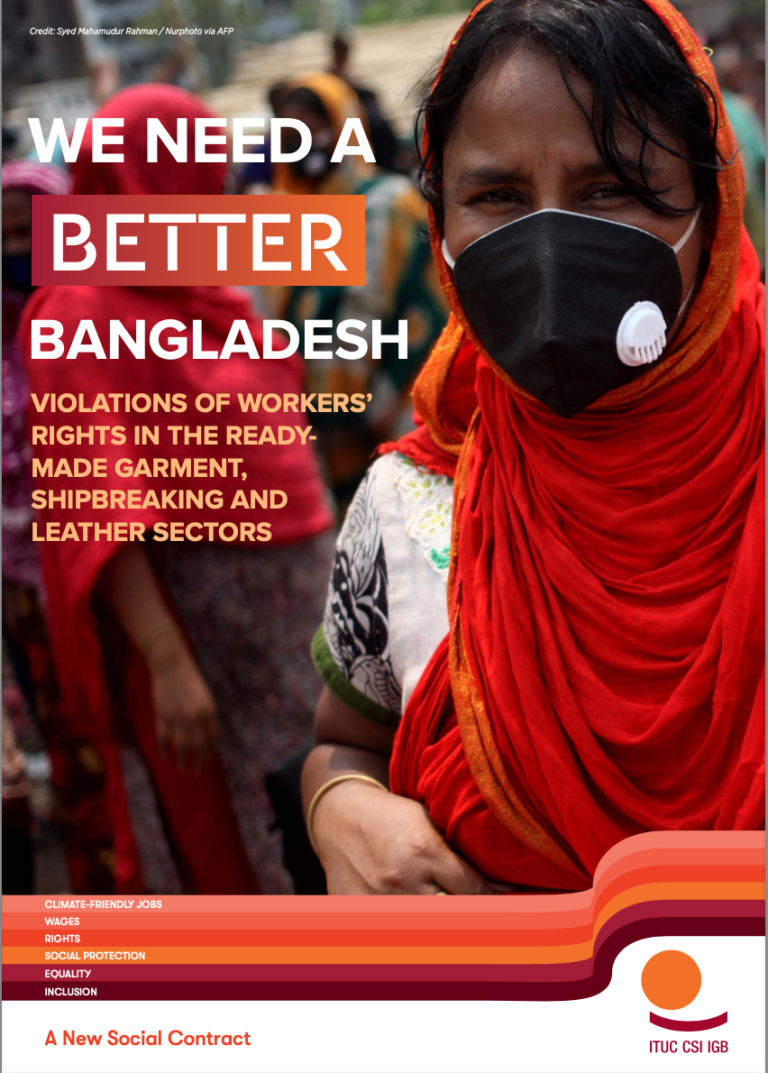Cyber Slavery in the Scamming Compounds
News & AnalysisCyber slavery is emerging as a form of organized crime of unprecedented severity and scale. Conservative estimates suggest that tens of thousands of victims are held captive in scamming compounds. While getting spammed with fraudulent messages i...Read More

